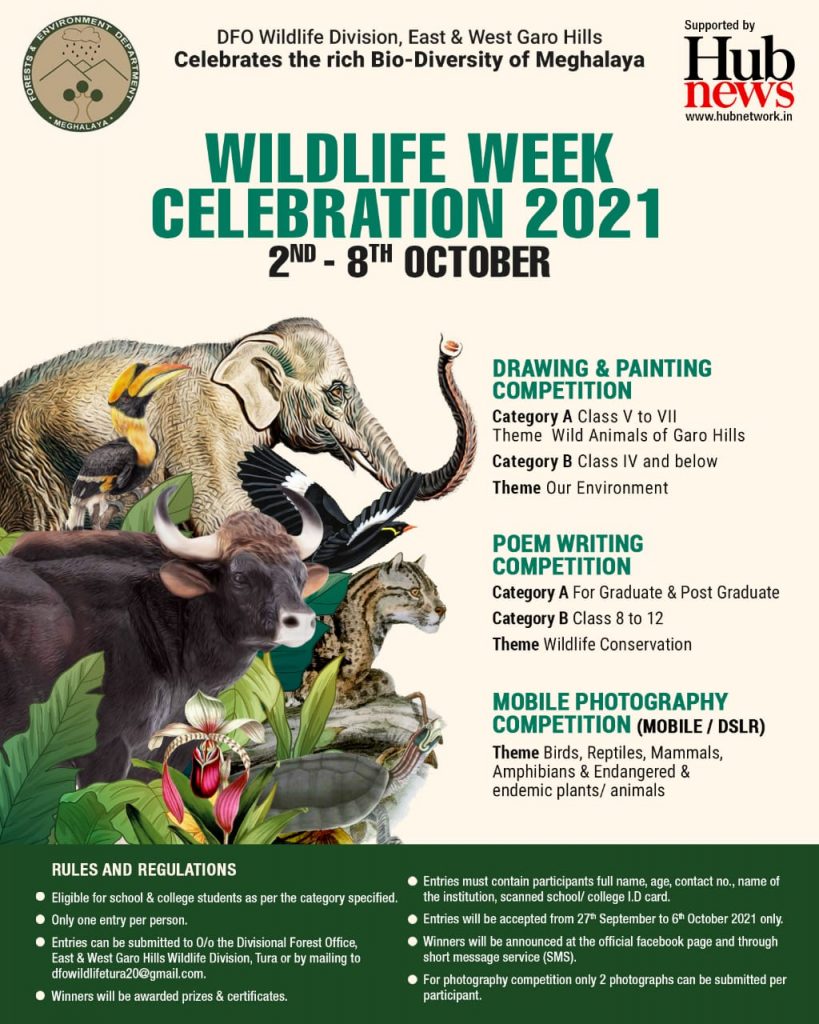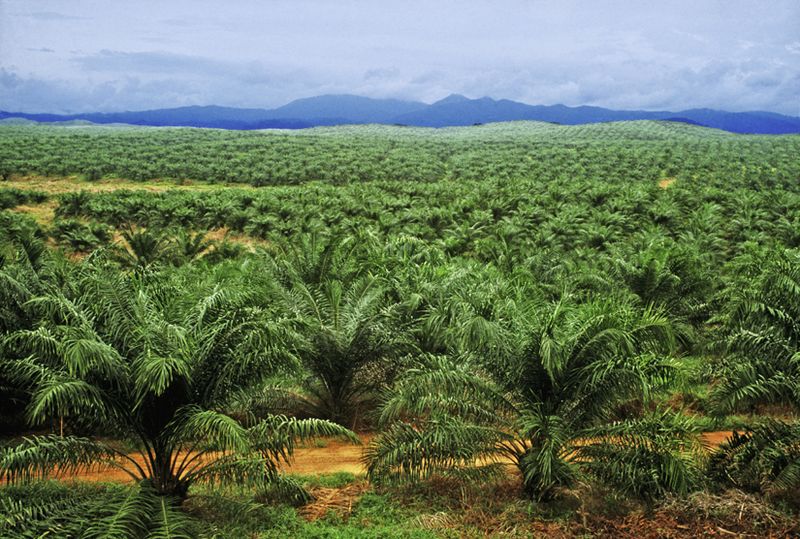Guwahati, Oct 7: While a few states in Northeast India are still mulling on the implementation of the National Mission on Edible Oils-Oil Palm (NMEO-OP), Arunachal Pradesh Chief Minister Pema Khandu has announced that his state will go “full swing” in implementing it soon.
Speaking at the ‘Business Summit for North Eastern States’ on the NMEO-OP in Guwahati on Tuesday (Oct 5, 2021), Khandu said Arunachal Pradesh is geographically the largest State in the region and has about 1.33 lakh hectares of land feasible for oil palm cultivation as assessed by a Central team in 2019.
“We have identified the lands, farmers and developers based on the assessment. We will implement the mission soon,” he said.
Discussions and pilot project in Arunachal
Arunachal Pradesh government had last month held discussions with at least four organisations, including three private companies, namely, Lucknow-based government owned Central Institute of Medicinal and Aromatic Plants (CIMAP), Hyderabad based 3F Industries Ltd, Andhra Pradesh’s Ruchi Soya Industries Limited, and Ghaziabad-based Dabur India Limited — who had submitted proposals to Khandu to take up cultivation and production of aroma oil and palm on a mission mode.
Sharing the state’s experiments with the palm oil cultivation, Khandu said the scheme on about 4,250 hectares did not succeed due to lack of handholding for farmers.
“The farmers did not expand their cultivation over time as there were no processing factories, as the private parties then said setting up factories was not feasible,” he said.
The Union Cabinet had on August 18 approved a Rs 11,040 crore National Mission on Edible Oils- Oil Palm (NMEO-OP) to boost palm oil production in India. According to the mission, special emphasis will be given to the North Eastern states and the Andaman and Nicobar Islands due to the “conducive weather conditions in the regions”.

Opposition to Oil Palm plantation in North East
However, several sections of environmentalists and politicians had raised concerns regarding the mission mainly because cultivation of Oil Palm, a water-guzzling monoculture crop with a long gestation period unsuitable for small farmers, has been a cause of deforestation in Indonesia and Malaysia, two of its largest producers.
In Indonesia and Malaysia, many endangered wildlife are losing their homes to make room for oil palms such as elephants, tigers, proboscis monkeys and Sumatran rhinos.
In a letter to Prime Minister Narendra Modi last week, Meghalaya MP Agatha Sangma warned that the focus areas were “biodiversity hotspots and ecologically fragile”. She added that oil palm plantations would destroy forest cover and the habitat of endangered wildlife.
India is the largest importer of oil palm and currently is dependent on Indonesia and Malaysia for its supply.



